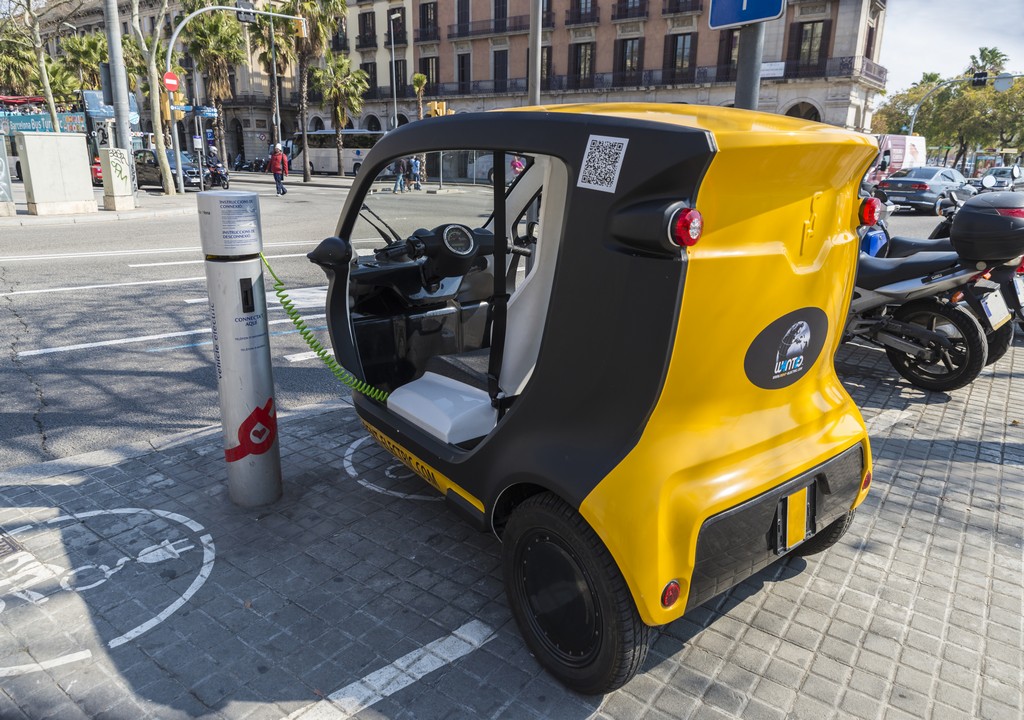KASAMA PATI EVs: DOE urges LGUs to include energy efficiency plans in development goals
- September 12, 2019
- 0

“We have been pushing for the use of electric vehicles as they would have an impact on the reduction of gas emissions,” DOE’s Energy Policy and Planning Bureau planning division chief Michael Sinocruz said in an interview.
Sinocruz was present during the public consultation on the Philippine Energy Plan 2018-2040 in Cebu City last September 3.
Energy efficiency and conservation (EEC) is being planned to be included in the developmental plans of LGUs in cities of Cebu, Davao, Batangas, and Dumaguete, Sinocruz said.
The measure’s implementing rules and regulations are set to be issued this November.
The law mandates government agencies and state-owned corporation to ensure the efficient use of energy in their respective offices, transportation units, and in the discharge of their functions.
With the creation of the law, comes Inter-Agency Energy Efficiency and Conservation Committee tasked to evaluate and approve government energy efficiency projects.
Energy-consuming products will be categorized based on the energy efficiency rating and labeling system developed by the DOE. This aims to promote energy-efficient appliances and raise public awareness on energy saving.
The DOE’s National Renewable Energy Program for 2017-2040 aims to increase renewable energy installed capacity to at least 20,000 megawatts, as well as to promote the clean source of power.
The DOE also eyes the adoption of electric vehicles as cleaner transport option in the country, Sinocruz said.
Under the Electric Vehicles and Charging Stations Act of 2018 or Senate Bill 2137, the energy department would be responsible for the creation of a roadmap for electric car use.